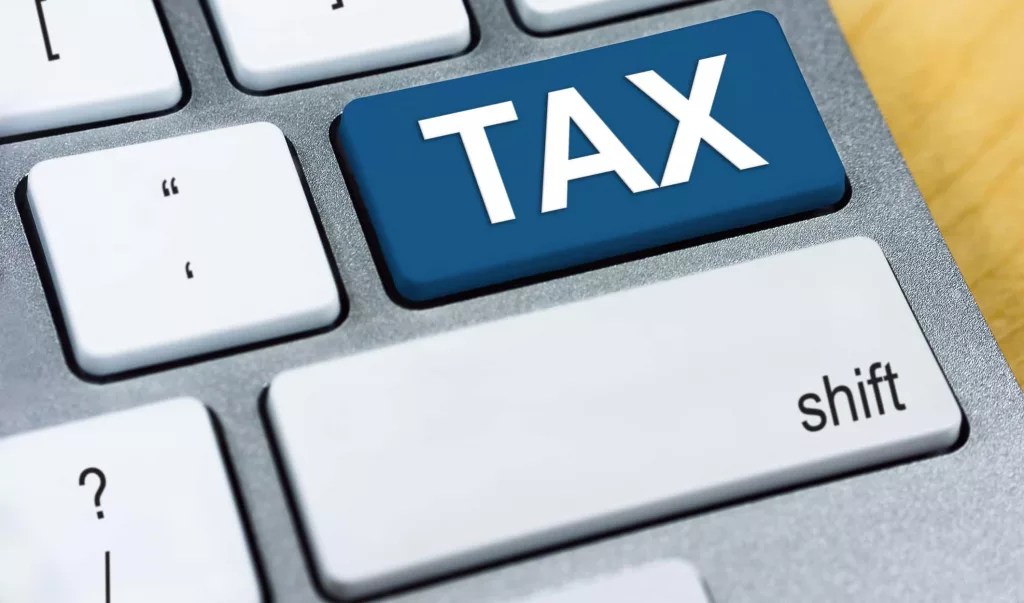Leaders from the Michigan office of the National Federation for Independent Business, or simply the NFIB, are ramping up concerns about the potential for the Michigan Legislature to expand the Michigan State Sales Tax to the service industry as well. It’s not new, but it always causes consternation among business organizations and the NFIB’s Michigan Small Business Scorecard for August gives the effort a full on “F” grade.
In their monthly look at “What’s good and bad for Michigan Small Businesses,” NFIB officials warn member businesses that the Michigan Legislature is once again flirting with expanding the sales tax to services.
They write, “As the Legislature works towards a road funding alternative to Governor Whitmer’s 45-cent a gallon gas tax, expanding the sales tax to services once again rears its ugly head. A recent article in the Detroit News reported that some lawmakers are exploring the possibility of expanding Michigan’s existing 6-percent sales tax by applying it some “transportation” services. Such services could be anything from taxi and Uber fares to delivery services.”
The scorecard for that issue is an “F.”
NFIB officials also point to their success is changing a little-known Public Service Commission rule that would have required small businesses with more than 7,000 square feet of space, and a multi-line phone system, to replace their phones by December 31st of this year. Now, businesses with less than 20,000 square feet and 20 phones will not have to meet the requirements until they replace their current phones.
The NFIB Scorecard on that measure is a “B.”
The final item on the August scorecard relates to groups currently organizing to create a graduated income tax in Michigan. NFIB officials write, “In the quest for more revenue for more government programs, advocates are considering a petition drive to put a proposal for a graduated income tax on the ballot for a statewide vote in 2020. Currently, the Michigan Constitution prohibits a graduated income tax rate, and Michigan’s income tax rate of 4.25-percent applies to all income. The ballot proposal would amend the state’s Constitution to allow higher rates on higher incomes.
The NFIB Scorecard on that measure is another flat-out “F” grade.
The NFIB is a member-driven organization advocating on behalf of small and independent businesses in Michigan and nationwide.






